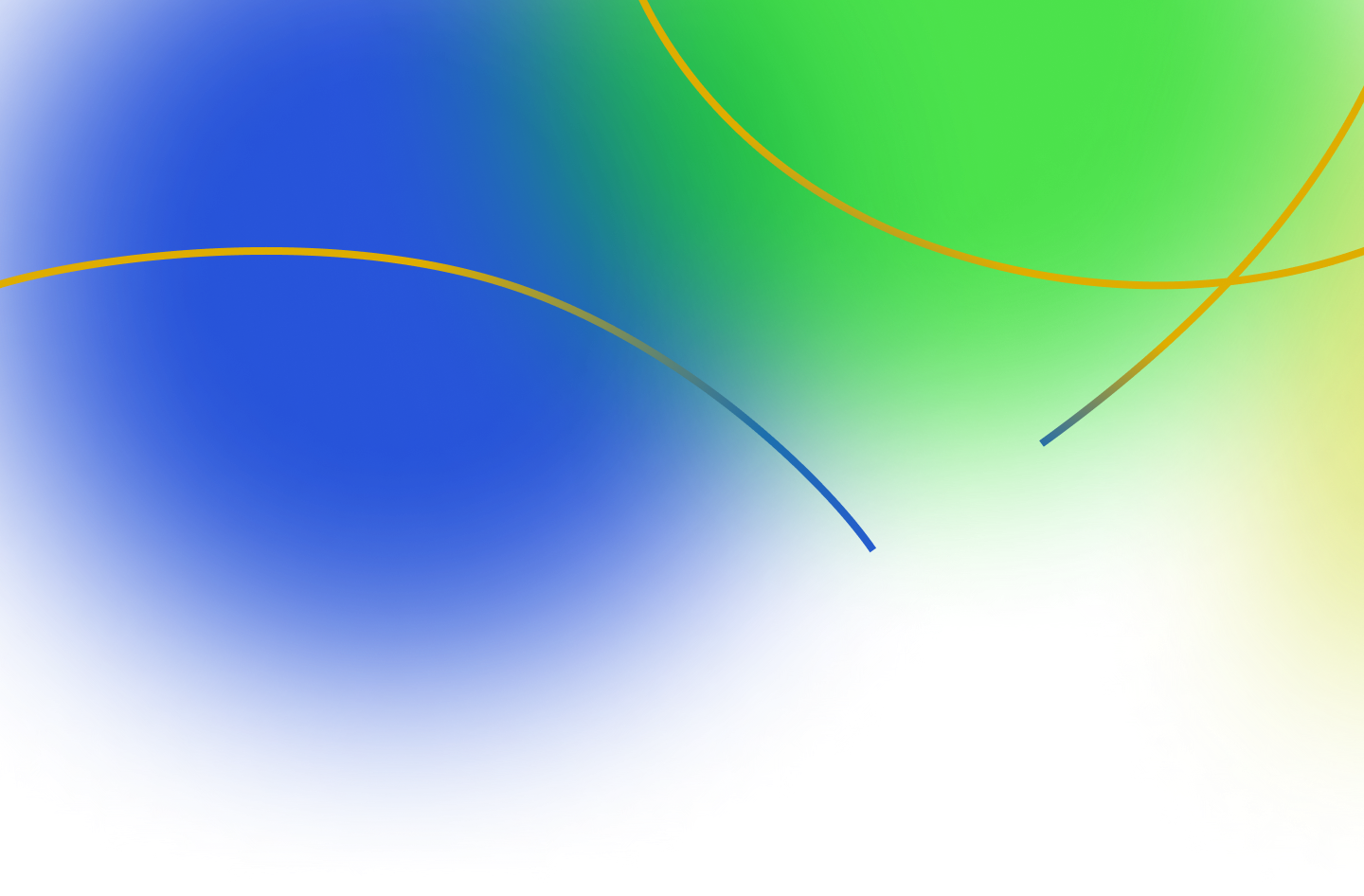ECPM organized a workshop together with Familien Partei on the origins of the EU project, the way the EU institutions work, and the significance of the upcoming elections. Keynote speakers were Jacques Bazen, ECPM board member and senior lecturer at Saxion University (NL), Maarten van de Fliert, ECPM’s Secretary General, and MEP Helmut Geuking. The workshop was attended by members of Familien Partei, campaign officers, and other interested people.
Jacques Bazen lectured on the history of the European Union, focusing on the founding fathers, the first cooperative initiatives such as the European Coal and Steel Community (ECSC), the introduction of the Euro, and the functioning of the EU’s internal financial market. The exemplary quote of Jean Monnet “People only accept changes when they are faced with necessity and only recognize necessity when a crisis is upon them” stood central to his explanation of the historical development of the European Union from the ECSC to what it is today. Bazen also discussed the start and growth of the EU’s internal market, emphasizing its role as a key instrument of economic and financial cooperation, which has helped maintain peace in Europe for decades.
Secretary General of ECPM Maarten van de Fliert shared about Christian values in politics and the foundation of the ECPM’s political platform. He explored the concepts of governance and the rule of law within the EU framework, stressing the deep connection between Christian thought and democracy. Van de Fliert reminded the audience that we are all God’s creation; therefore when Christian politicians are seeking the good for the society, they are serving God. Serving in government can be a calling, an act of worship to God. Even if each country’s political framework is designed by people, the Kingdom of God is above it and, as citizens of the Kingdom, we are called to pursue peace and seek justice in the places we find ourselves.
Van de Fliert also spoke about the founding fathers of the EU: Robert Schuman, Konrad Adenauer, and Alcide De Gasperi—leaders deeply committed to their Christian faith. He highlighted that for Schuman, often referred to as the Father of the European Union, Christian values were foundational both to his personal life and to his vision for Europe. Schuman believed that Europe’s reconstruction was only possible if it was “deeply rooted in Christian values.” Similarly, Adenauer viewed the union as both a Christian obligation and an economic goal. Van de Fliert shared a historical anecdote about the three leaders participating in a prayer retreat at a Benedictine monastery before traveling to Paris to sign the treaty that established the European Coal and Steel Community.
In his concluding remarks on the development of the EU, van de Fliert provided detailed insights into the role of European political parties within the Union. He highlighted the key priorities of the ECPM: Human Dignity, Healthy Families, an Economy Benefitting People and Planet, Freedom, Security and Stability, Fighting Modern Slavery, Reforming the European Union, and Honoring the EU’s Christian Roots.
MEP Helmut Geuking and his temporary successor in the European Parliament, MEP Niels Geuking, offered insights into the development of the Familien Partei Deutschlands, its relationship with the ECPM, and plans for the upcoming campaign for the European Parliament elections.



